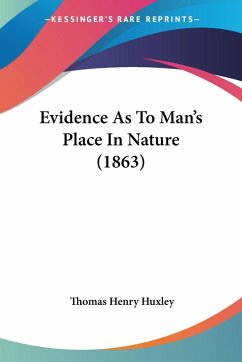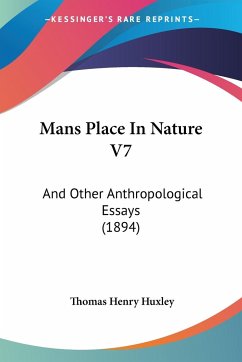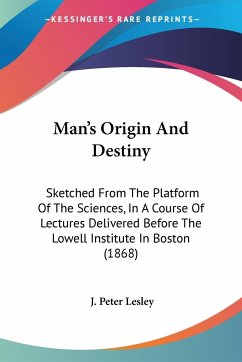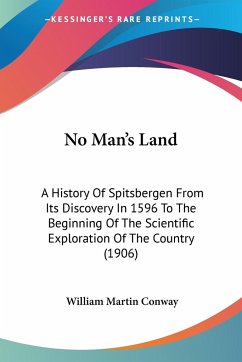Evidence As To Man¿¿¿¿¿¿¿s Place In Nature is a scientific book written by Thomas Henry Huxley in 1863. The book is a detailed analysis of the relationship between humans and animals, and it examines the evidence for the evolution of humans from other primates.Huxley was a prominent biologist and one of the foremost advocates of Charles Darwin's theory of evolution. In this book, he presents a detailed argument for the evolutionary origins of humans, based on comparative anatomy, embryology, and other scientific evidence.The book is divided into several chapters, each of which explores a different aspect of human evolution. Huxley examines the anatomy of humans and other primates, comparing their skeletal structures, musculature, and other physical characteristics. He also looks at the fossil record, examining the remains of early hominids and other extinct primates.Throughout the book, Huxley argues that humans are not fundamentally different from other animals, but are instead part of the same evolutionary lineage. He challenges the prevailing view that humans are unique and special creations, and instead presents a compelling case for the natural origins of humanity.Evidence As To Man¿¿¿¿¿¿¿s Place In Nature is an important work in the history of science, and it helped to establish the theory of evolution as a fundamental principle of biology. It remains a fascinating and thought-provoking read for anyone interested in the origins of humanity and the natural world.This scarce antiquarian book is a facsimile reprint of the old original and may contain some imperfections such as library marks and notations. Because we believe this work is culturally important, we have made it available as part of our commitment for protecting, preserving, and promoting the world's literature in affordable, high quality, modern editions, that are true to their original work.
Hinweis: Dieser Artikel kann nur an eine deutsche Lieferadresse ausgeliefert werden.
Hinweis: Dieser Artikel kann nur an eine deutsche Lieferadresse ausgeliefert werden.








